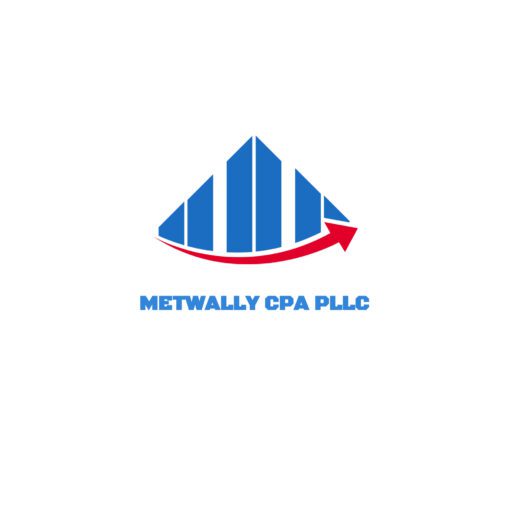Mortgage brokers play a crucial role in the real estate industry, connecting borrowers with lenders and facilitating the process of securing loans for home purchases. While brokers focus on helping potential homeowners fulfill their dreams, it is equally important to streamline their accounting practices to ensure efficient financial operations. Effective accounting not only enables brokers to stay compliant with regulatory requirements but also provides them with valuable insights to optimize their profitability and growth. In this article, we will explore the key aspects of mortgage broker accounting and examine strategies to enhance its efficiency. Here’s the 6 steps to improve your accounting and financial reporting:
1. Maintaining Accurate Records:
Accurate record-keeping is the cornerstone of efficient accounting for mortgage brokers. Brokers should establish a systematic approach to document their income, expenses, commissions, and other financial transactions. Using robust accounting software can simplify the process by automating tasks, reducing errors, and providing real-time access to financial data.
2. Tracking Commission Income:
Commission income is a primary revenue stream for mortgage brokers. It is essential to track and categorize commissions from various lenders accurately. With specialized accounting software, brokers can easily record commission income, reconcile it with lender statements, and generate reports for quick analysis. This helps identify the most profitable lender relationships and informs business decisions.
3. Managing Expenses and Overheads:
Mortgage brokers incur various expenses, including office rent, employee salaries, equipment costs, marketing expenses, and licensing fees. Effective accounting practices involve categorizing and tracking these expenses accurately. An accounting system can generate expense reports, allowing brokers to monitor spending patterns and identify areas where cost optimization is possible.
4. Compliance with Regulatory Requirements:
Mortgage brokers operate in a highly regulated industry, and adherence to regulatory requirements is paramount. Accounting systems that cater specifically to mortgage brokers often come equipped with compliance features, ensuring accurate documentation, and providing tools to generate reports as per regulatory standards. This helps brokers avoid penalties and maintain a strong reputation with clients and lenders.
5. Budgeting and Forecasting:
Efficient accounting allows mortgage brokers to establish realistic budgets and forecasts. By analyzing historical revenue and expense data, brokers can identify trends and make informed predictions about future financial performance. Budgeting and forecasting help brokers set realistic goals, measure their progress, and make proactive adjustments to their business strategies.
6. Simplifying Tax Reporting:
Tax reporting can be complex for mortgage brokers, given the multiple sources of income and deductible expenses. Advanced accounting software can simplify the tax season by automating calculations, generating accurate tax statements, and streamlining the filing process. This reduces the risk of errors and ensures compliance with tax regulations.
Effective accounting practices are integral to the success of mortgage brokers. By implementing streamlined accounting processes, utilizing purpose-built accounting software, and leveraging technology, brokers can optimize their financial operations, increase efficiency, and reduce the risk of errors. Accurate record-keeping, expense tracking, compliance with regulatory requirements, and strategic budgeting and forecasting contribute to the overall financial health of mortgage brokerages. Embracing modern accounting technologies empowers brokers to focus on what they do best – serving clients and helping them achieve their homeownership dreams.


